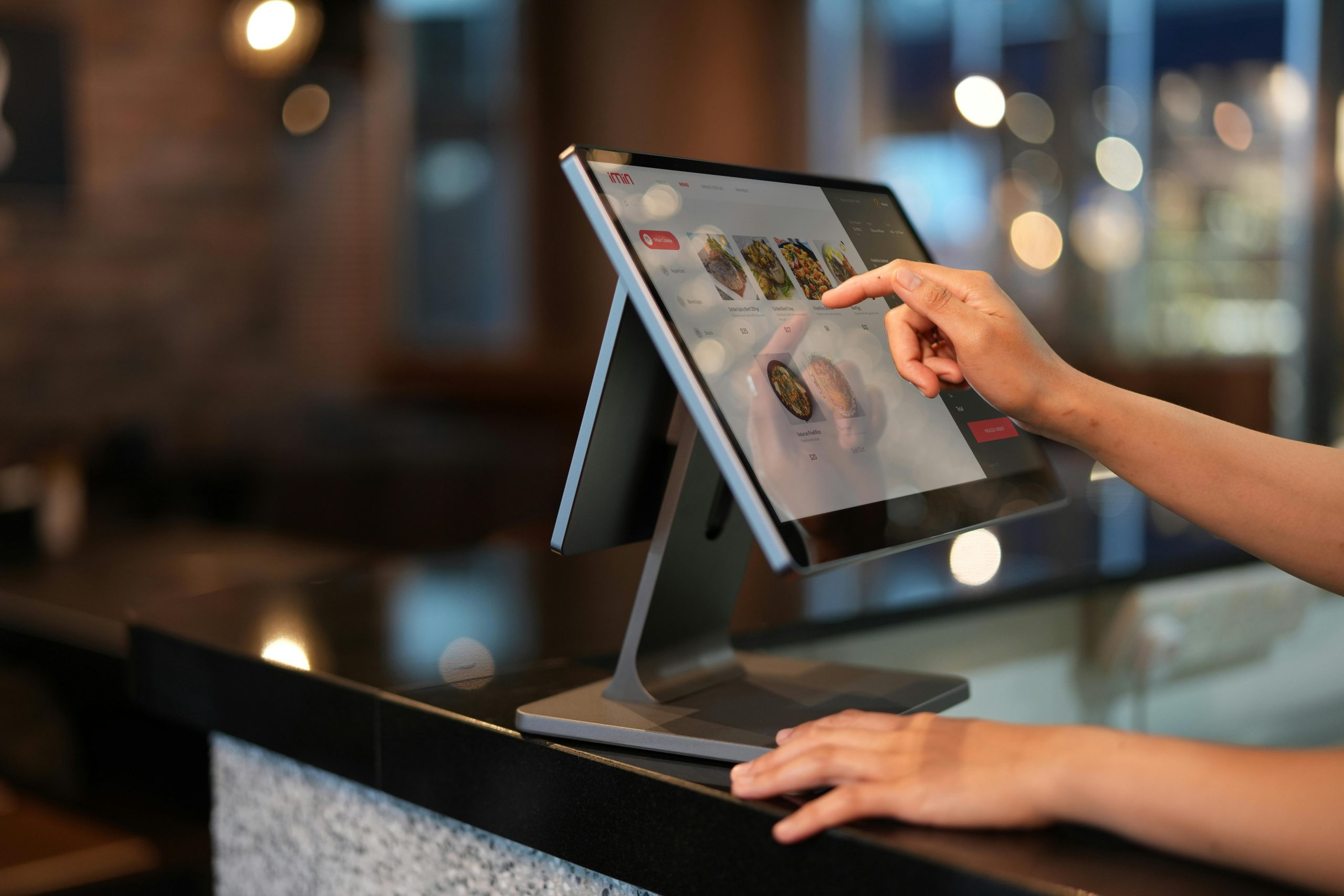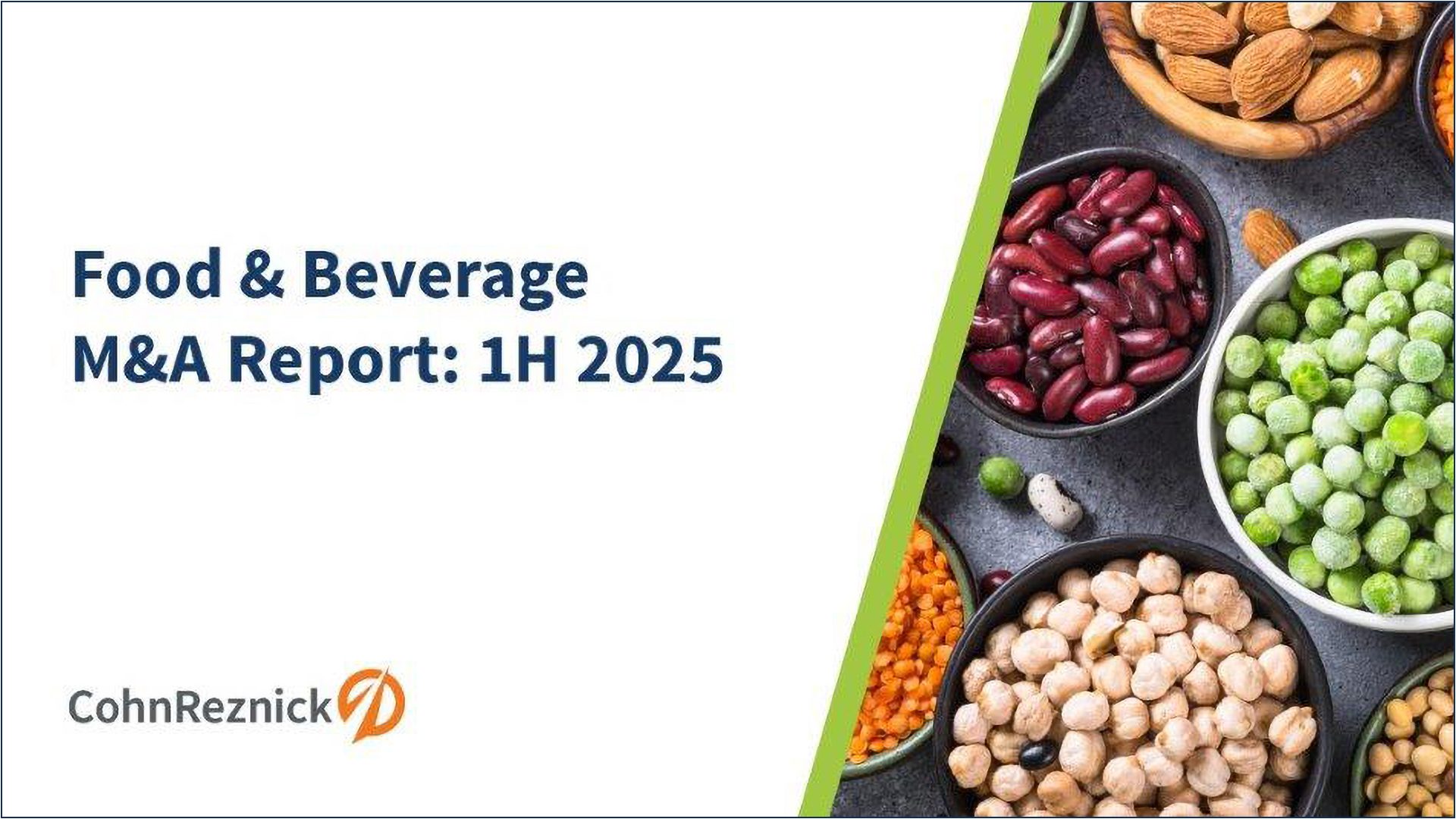As the post-COVID-19 world embraces digitization, legacy IT systems have become increasingly vulnerable to cyberattacks. As the 2022 Marcum Food & Beverage Survey shows, a majority of respondents reported that their technology systems were insufficient to meet customer demand and safeguard their enterprises from cyberattack. For food and beverage (F&B) businesses (ranging from manufacturing, retail, and restaurants to bars and grocery outlets), capturing, storing, and protecting customer data has become a paramount necessity.
More than half of respondents (approximately 55%) are not confident that their technology is protected from cyber threats.
Larger businesses are often targeted by cyber threats based on their perceived ability to pay higher ransoms, while smaller entities, particularly those in the earlier stages of digitizing their processes, may be seen as soft targets. In either scenario a formal cybersecurity scan can provide true analysis of a business’s risk posture and systems reliability. Especially for F&B businesses that have direct-to customer/vendor web portals and e-commerce revenues channels. These external facing web portals are prone to cyber-attacks, and hacks of customer Personal Identifiable Information (PII) and Personal Credit card Information (PCI) data. Performing a thorough IT system assessment to understand which systems are vulnerable and prone to cyber attacks can provide a realistic analysis of where the business should focus.
An IT system assessment and subsequently developing a roadmap of initiatives around mitigating risks and modernizing legacy IT assets can provide a more confident and secure IT ecosystem.
More than half of respondents (approximately 53%) say their technologies are insufficient to handle the current increase in customer volume and global economic challenges.
As consumers become more conscious of the kinds of food they eat, how they’re sourced, and the processes followed to reach their plates, manufacturers have upped their game.
It is an exciting new arena in which new innovations are being developed in step with customers’ needs and changing tastes. In many respects, this is a coalescence of innovation and technology, the prime factors that helped save nearly every company in the beleaguered F&B industry as they navigated their way through the COVID-19 contactless age. The current state of global economic challenges is calling for F&B businesses to optimize their capital and right-size product offerings and inventory levels. By leveraging advanced technologies, such as Artificial Intelligence and Machine Learning algorithms to analyze historic sales data, the F&B businesses are able to predict more realistically what their inventory should be, including seasonal specialty products.
To leverage data, aggregated from customer facing web portals and core enterprise IT systems, such as Enterprise Resource Planning (ERP), Customer Relationship Management (CRM) etc., need to be integrated and within a cyber-protected environment. Having a diligent risk management, and multi-level redundant IT ecosystem can provide higher levels of business performance and customer satisfaction. All of this requires updated and fully supported IT applications and devices that can be better understood with an overall IT system assessment.
COUNT ON MARCUM
As food and beverage manufacturers look to improve their assets with advanced connected technologies, companies will have to find ways to move closer to Industry 4.0, while balancing security risks. Cyberattacks and aging IT systems will remain a threat in the business landscape for some time. And large and small companies alike will need to take proactive steps to safeguard their operations to ensure that service to customers remains at optimal levels. Speak with your Marcum advisor to learn what you can do to improve your F&B business’s ability to offset potential risks.
About Marcum LLP
Marcum LLP’s Food & Beverage Services group has the perfect recipe of knowledge and service capabilities to help companies stay flexible. Marcum’s professionals provide the accounting, tax, and consulting services so that companies can concentrate on the growth of their business. Marcum serves a variety of food and beverage clients including distributors and manufacturers, importers, restaurant chains, processors and packaging, agribusinesses, and retailers. For more information, please visit marcumllp.com/industries/food-beverage.










